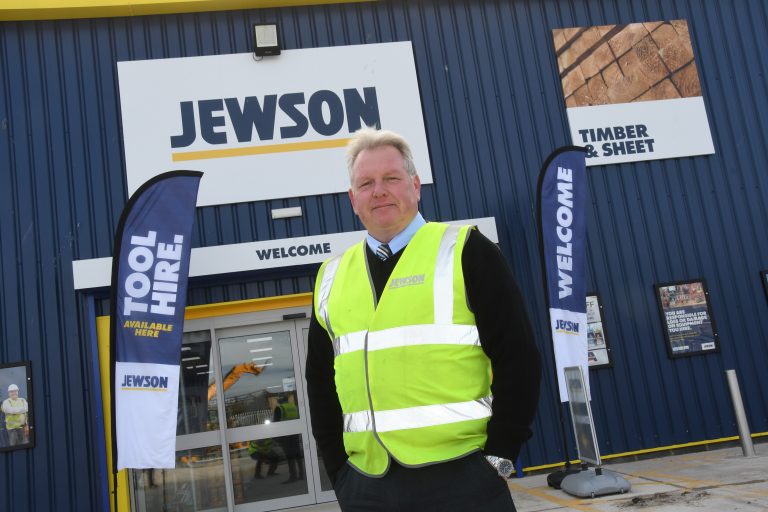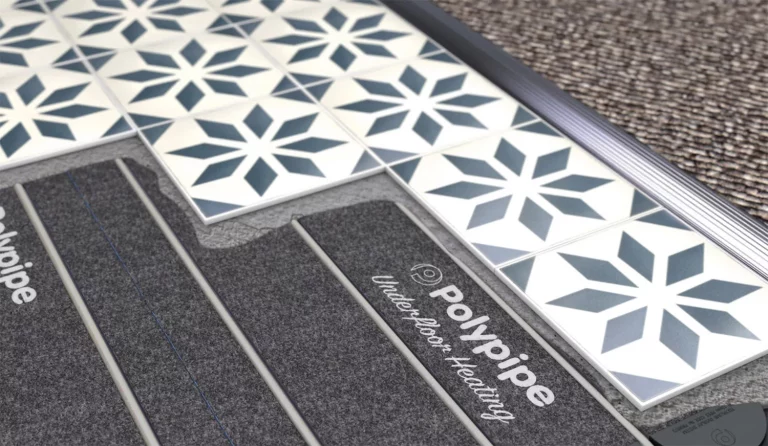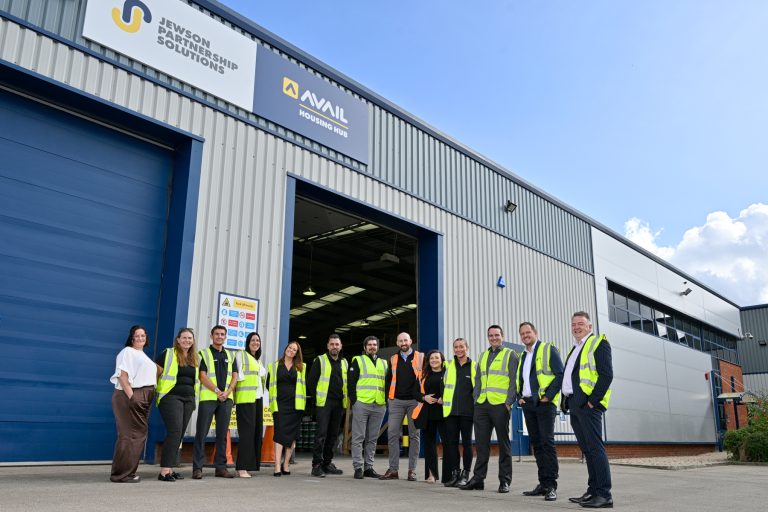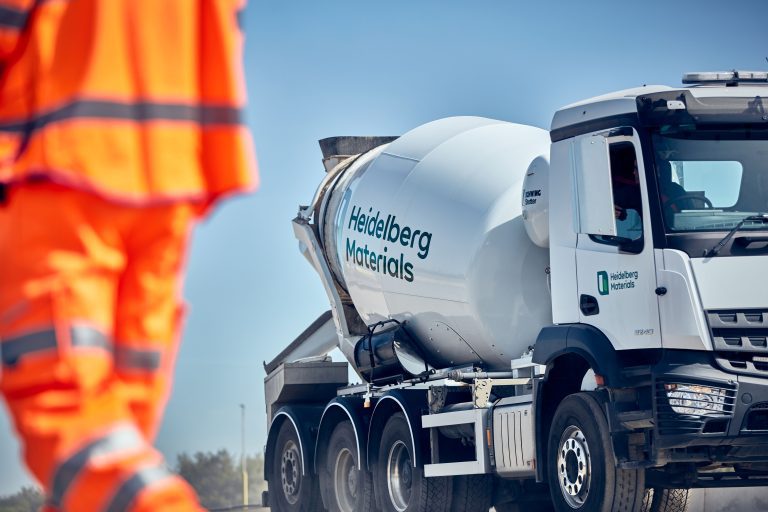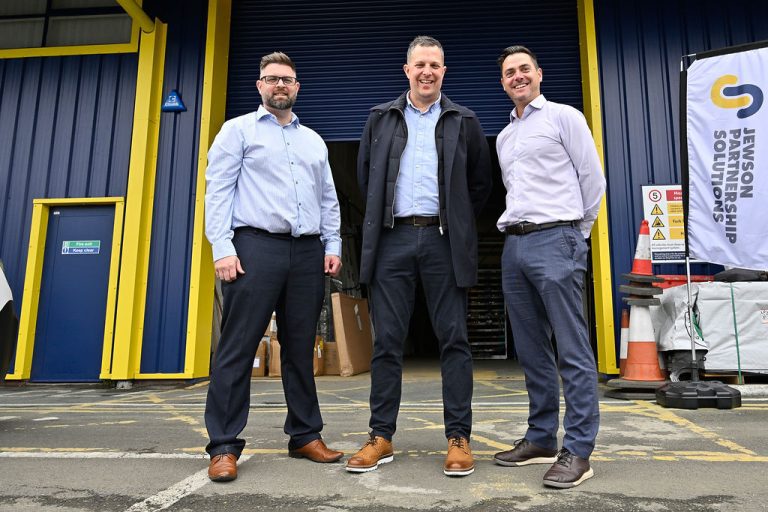The terms under the new Building Safety Act 2022 became enforceable from October 1st this year. Here, Bob Glendenning, Fire Design Engineering Manager of Sherwin-Williams Protective & Marine Coatings, examines why creating a ‘Golden Thread’ of information within the new legislation is so important for those involved in the intumescent coatings industry. The Building Safety Act 2022 (BSA) has been developed as a new framework for the design, construction and occupation of ‘higher risk’ buildings. These buildings are defined as being a minimum of 18 metres or seven storeys in height and comprise of at least two domestic premises. These regulations required that all existing occupied high-risk buildings should be registered with the new Building Safety Regulator (BSR) from April 6, 2023 and no later than October 1, 2023. The BSR is an independent body which forms part of the Health and Safety Executive, which aims to raise building safety standards and the performance of buildings whilst also monitoring the competence of regulators and industry professionals. The reality of this new legislation is that under the terms of the Act, a Principal Accountable Person who fails to register an occupied higher-risk building ‘without a reasonable excuse’ will be liable to either a fine or imprisonment for a term not exceeding two years. The Principal Accountable Person is described as the organisation or person who owns, or has responsibility for, the building. It may also be an organisation or person who is responsible for maintaining the common parts of a building, for example corridors or lobbies. The three Gateways provide evidence The Golden Thread is an information trail that runs through all of the three Gateways from the outset to completion and occupation so that end users can be assured of compliance, quality and safety and have confidence in the products used to provide fire and life safety. For the protection of structural steel with intumescent coatings, those who may need to submit information may include main contractors, architects, designers, specifiers, fabricators and applicators. Indeed, any party who is responsible for fire safety critical elements or components. Importantly, the criteria for the Golden Thread requires all relevant documents and evidence to be stored digitally to prove that adequate steps have been taken in the construction and ongoing maintenance of a building. Gateway 1 – covering the planning stage. This has been in force since August 1, 2021 and sets out the framework for the second and third stages. Applicants need to demonstrate that fire safety matters have been incorporated into the planning stage for all buildings. The Health and Safety Executive (HSE), who are now also the BSR, will be part of the consultation. If a fire statement is required to be submitted with a planning application it will be an issue for consideration for the Local Planning Authority (LPA) when reaching its decision on the application. Contractors should take note that if the LPA considers the statement inadequate it can refuse the application. At Sherwin-Williams, our policy of early engagement and collaboration between all parties helps to clarify any points up front before they become a problem with the subsequent knock-on effect on time and cost. It is clear that engaging multiple stakeholders – including designers, fabricators and applicators – early and consistently throughout the process is key to delivering a successful, safe and cost-efficient solution. Working together, we share knowledge and help our clients to reach their goals. After all, we are ALL now part of this renewed responsibility. We encourage and fully support this early engagement, and with the correct information from the project team we can provide information and guidance on a safe and efficient structural fire protection approach. Gateway 2 – submitting building control approval to the Regulator. This should include written declarations covering the competency of the main contractor, designer, a description of works and plans and a planning statement from Gateway 1. Importantly, there should be information about how evidence is being captured to maintain the Golden Thread. The Regulator has a 12-week period to approve or reject these building control applications or to approve subject to fulfilment of certain requirements. Any major changes at this stage will also need approval from the Regulator, and records of the controlled change – including an explanation of compliance with Building Regulations – will also need to be maintained. The categorisation of major and ‘notifiable changes’ are still subject to consultation under the new legislation. Gateway 3 – providing information to ensure the building is safe for occupation. There is a requirement to submit a completion certificate application and provide updated plans. These plans should reflect the scale of the higher-risk building, key building information, a list of mandatory incident reporting and signed declarations from the main contractor and principal designer that the works and building comply with Building Regulations. Finally, confirmation that information for the Golden Thread has been handed over to the accountable person should also be declared. There is then a 12-week period for the Regulator to approve the application for a completion certificate. We all have a role to play Remember – responsibility lies with us all. Nobody in the supply chain can absolve themselves. The Accountable Person must have assessed all building safety risks and taken all reasonable steps to control them, give the safety case report to the Regulator on request and apply for a building assessment certificate. To be clear, the information stored in the Golden Thread needs to be accurate, easily understandable, up to date and readily accessible. In echoing the point made by Dame Judith Hackitt, we at Sherwin-Williams emphasise that the Golden Thread constitutes any relevant package of information which refers specifically to a project or programme of works. This could come in various forms including a product specification, marked-up drawings, CAD data, a BIM model, a product / member DFT schedule, application records or datasheets for example. As long as it provides evidence of good practice and compliance, it is relevant. It is important to
